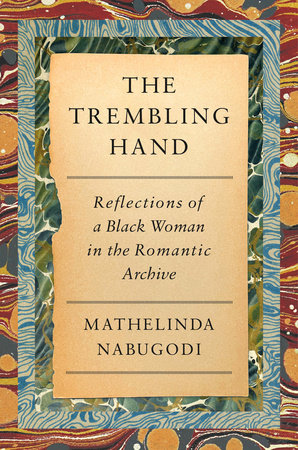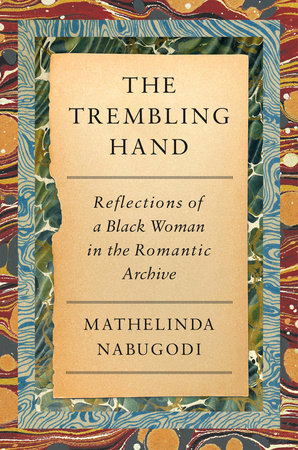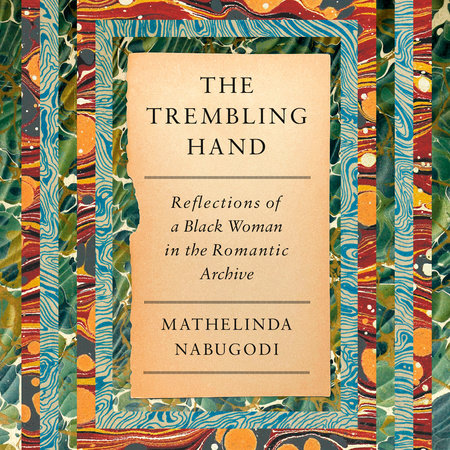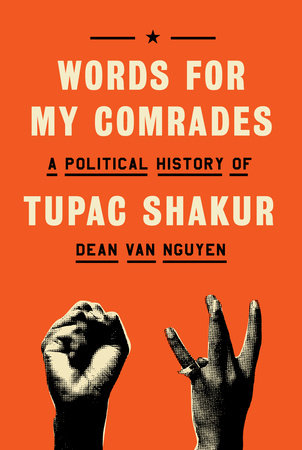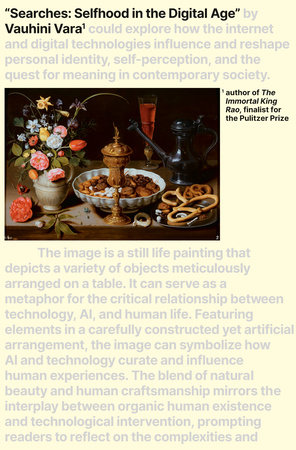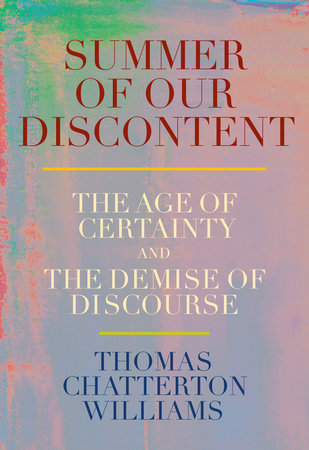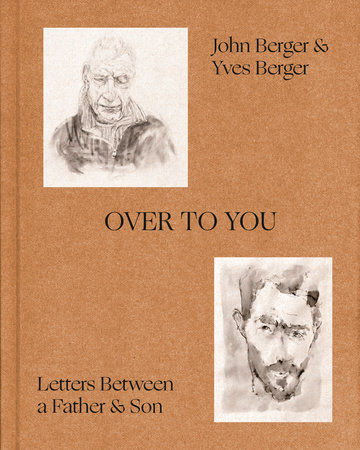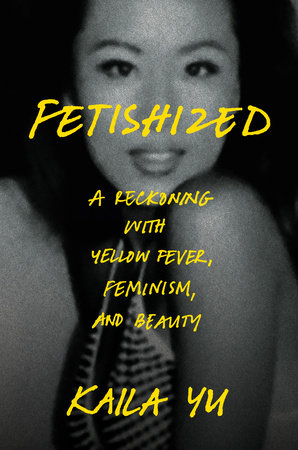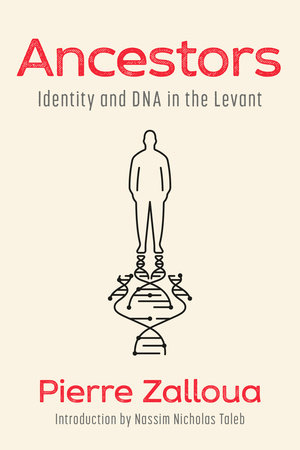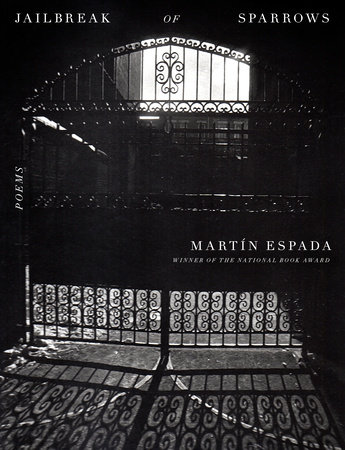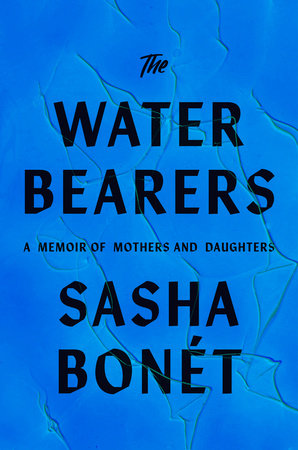“Ambitious and ingenious. Mathelinda Nabugodi’s voice is sometimes tentative and searching, then sure of its scholarship, then puzzled by some large absence in the archive, then engrossed by a poem, an essay, a letter. The Trembling Hand engages the reader both emotionally and intellectually in the quest to re-see, re-imagine and re-read the past.”—Colm Tóibín, author of Brooklyn
“In search of lost Black lives. Literary scholar Nabugodi melds memoir and deep archival research to investigate six prominent writers… As a biracial Black woman, she brings an acute sensitivity to her search, of texts and artifacts, for ‘undead legacies of slavery.’…Each of the figures she investigates, she discovers to her dismay, sorrow, and anger, was intricately embedded in the slave economy. An intimate and singular perspective on the Romantics—and race.”—Kirkus Reviews, *starred review*
“As she traces her fingers over handwritten notes and secret poems meant for no one’s eyes but their recipients’, Nabugodi shows us how to hold two truths at once: beautiful craft and painful context, literary genius and racial violence. Her reckoning is a love letter written in disquiet, a map for those seeking the unvarnished truth of our literary inheritance, and a gift for anyone who values personal storytelling that illuminates our shared past.”—DJ Lee, professor at Washington State University
“The Trembling Hand offers a crucial corrective to the ways in which Romanticism has often been taught and positioned in British culture, confronting the aspects of Romanticism that have been hidden amidst the shared cultural project to make Coleridge, Wordsworth, Byron and the Shelleys into British national treasures. Nabugodi unearths new contexts for the study of Romanticism and also considers the ethical debates and dilemmas surrounding some of the most well-known poems in the period.”—Amelia Worsley, professor at Amherst College and author of Romanticism, Abolition and Anti-Slavery Literatures
“With intellect, precision, and empathy, Mathelinda Nabugodi speaks to the shadows hovering at the archive’s edges, the presences that most have ignored. There are whispers: ‘See us. Hear us.’ These presences are those Africans who traveled alongside Europeans, affecting—and creating—history. We needed Nabugodi’s courage in writing this history: Now, we do see and we do hear—and may the ancestors be pleased.”—Honorée Fanonne Jeffers, author of The Love Songs of W.E.B. DuBois
“The Trembling Hand is such a beautiful, powerful, important book—brilliant and intimate, funny and incredibly moving: I couldn’t put it down! Nabugodi confronts the pain, joy, and silences of the Romantic archive with care and honesty, laying bare the contradictions and hypocrisies of Romantic poets who sang of liberty while remaining complicit in slavery. She writes with incredible clarity and generosity about the ethics and emotional life of archival work; it is a real pleasure to be by her side as she tries to get close to Romantic poets while contending with their most disturbing views.”—Lily Gurton-Wachter, author of Watchwords: Romanticism and the Poetics of Attention
“Ferociously intelligent, lyrical, and true, The Trembling Hand is a hero’s journey through the beauty of poetry and the nightmare of history—and sometimes the other way around. Nabugodi has done something at once wholly original and utterly Romantic. This book marks the advent of a new criticism, or should.”—Anahid Nersessian, author of Keats’s Odes: A Lover’s Discourse
“What excites me about Mathelinda Nabugodi’s unique voice is its academic and archival chops on the one hand, and its willingness to push back the veil of ‘objective’ criticism on the other. Nabugodi shows us that those palely loitering Romantic poets were deeply entwined with the Black Atlantic, and that these connections inform our ongoing encounters with canonical whiteness. She thus speaks to our moment, and about it: the combination of distance and immediacy is really compelling. The Trembling Hand reaches out to readers, contributes to a highly topical reevaluation of the literary canon, and offers itself as a generous and thoughtful memoir: it’s a beguiling combination.”—Emma Smith, author of This Is Shakespeare
“The Trembling Hand is an unflinching account of the racist cruelty and nonsense regurgitated by canonical Romantic poets alongside their greatest poetry. Interweaving archive encounters, biography and haptically close reading, Mathelinda Nabugodi shares searingly personal experiences of hate and love, the taste of words and the feel of paper. It is a strong and moving work of resistance that has changed how I see Romanticism.”—Jane Stabler, Professor at University of St. Andrews and editor of The Poems of Lord Byron
“Mathelinda Nabugodi has written a viscerally bold, challenging and often uncomfortable study of our major British Romantic writers, re-defining our assumptions about and assessments of their troubled engagement with the brute realities of race in both their writings and extraordinary personal lives. Based on extensive, scholarly archival research and highly sensitive to the lived experience of Black people and their real but often effaced or distorted presence in the culture of late eighteenth and early nineteenth-century Britain, this study will change and re-define our view and understanding of British Romanticism and its troubled relationship to slavery and colonial for years to come.“—Peter Kitson, Professor at University of East Anglia and author of Slavery, Abolition and Emancipation: Writings in the British Romantic Period
“Mathelinda Nabugodi dazzles with her originality of approach in this exhilarating tour de force, opening new ways of seeing and reading. A scholar of the highest caliber, she uses archival treasures—a teacup, a baby’s rattle, a necklace made of human hair—to reframe the dusty portraits of the Romantic poets in relation to what has been termed the ‘racial capitalism’ of chattel slavery, the engine of their eighteenth-century Atlantic world. Her own story provides sparkling grace notes as she delves into the influence of the slave trade on a literary tradition associated with personal and political freedom, and among this project’s most moving moments is Nabugodi’s reckoning with the limits and possibilities of writing herself into this lineage.”—The Whiting Foundation Creative Nonfiction jury
